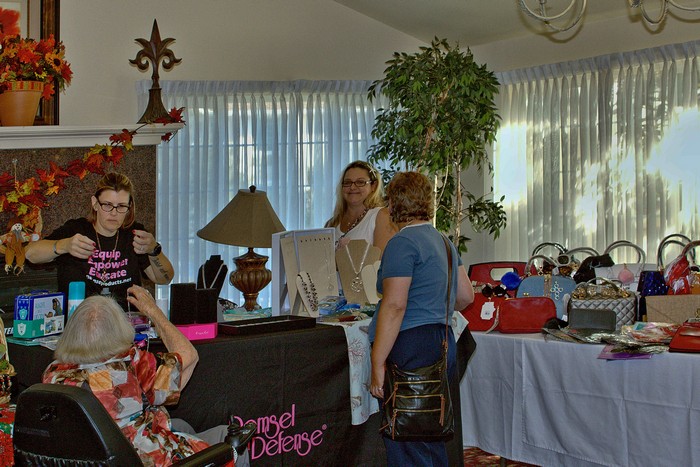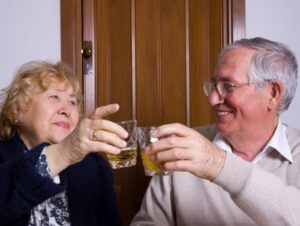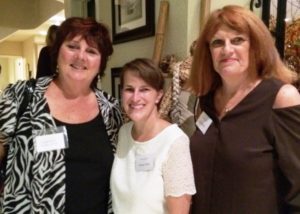Terms to Know
Here is a list of terms relating to Medicare prescription drug plans.
Co-insurance
This is an amount a person may be required to pay for services after paying any plan deductibles. In Original Medicare, this is a percentage (about 20%) of the Medicare-approved amount. A person has to pay this amount after paying the Part A and/or Part B deductible. In a Medicare Prescription Drug Plan, the co-insurance will vary depending on how much the person has spent. The quotes will also fluctuate depending on the current prescription drugs prices to ensure your get quoted accurately and fairly.
Co-payment
In some Medicare health and prescription drug plans, this is an amount a person pays for each medical service, like a doctor’s visit, or prescription. A co-payment is usually a set amount. For example, this could be $10 or $20 for a doctor’s visit or prescription. Co-payments are also used for some hospital outpatient services in Original Medicare.
Coverage Gap, Catastrophic Coverage
Most Medicare Prescription Drug Plans (Part D) have a temporary limit on what they cover for prescription drugs. This limit is called the “coverage gap” (also known as the “donut hole”). The coverage gap starts after you and your plan have spent a certain amount of money for covered drugs. All Medicare drug plans are different, so call your plan if you have questions about how the coverage gap will work for you.
You won’t need to pay out of pocket for all costs while you are in the coverage gap. Once you are in the coverage gap, your plan will cover a percentage of the cost of generic drugs. You will also get a percentage manufacturer-paid discount on covered brand-name drugs. Although you will only pay a percentage of the price for that brand-name drug, the entire price will count as out-of-pocket spending, which will help you get out of the coverage gap. There will be increasing savings for you in the coverage gap each year until 2020, when you will pay approximately 25% for both covered generic and brand-name drugs when in the gap.
If you have extremely high drug costs and pay the limit (or pay through the coverage gap), all Medicare drug plans provide “catastrophic” coverage. Catastrophic coverage means that once you pay a certain amount out-of-pocket for drug costs in a calendar year, the plan will cover almost all your drug costs above that amount.
( Watch the video for important information about avoiding Medicare Part D late enrollment penalties. To enlarge the video, click the brackets in the lower right-hand corner. To reduce the video, press the Escape (Esc) button on your keyboard.)
Creditable Prescription Drug Coverage
This is prescription drug coverage (for example, from an employer or union) that is expected to pay, on average, at least as much as Medicare’s standard prescription drug coverage.
Deductible
This is the amount a person must pay for health care or prescriptions before Original Medicare, the person’s prescription drug plan, or other insurance begins to pay. For example, in Original Medicare, a person pays a new deductible for each benefit period for Part A and each year for Part B. These amounts can change every year.
Drug List
A list of drugs covered by a plan. This list is also called a formulary.
Extra Help
A program to help people with limited income and resources pay prescription drug costs. Also called the “low-income subsidy.”
Penalty
An amount added to a person’s monthly premium for Medicare Part B or a Medicare drug plan (Part D), if the person doesn’t join when first eligible. He or she pays this higher amount as long as they have Medicare. There are some exceptions.
Premium
This is the periodic payment to Medicare, an insurance company, or a health care plan for health or prescription drug coverage.
Prior Authorization
Drug plans may have drugs that require prior authorization. Prior authorization means that the person and/or the doctor must contact the plan before certain prescriptions can be filled. The doctor may need to show that the drug is medically necessary for it to be covered. Plans do this to be sure these drugs are used correctly and only when medically necessary.





